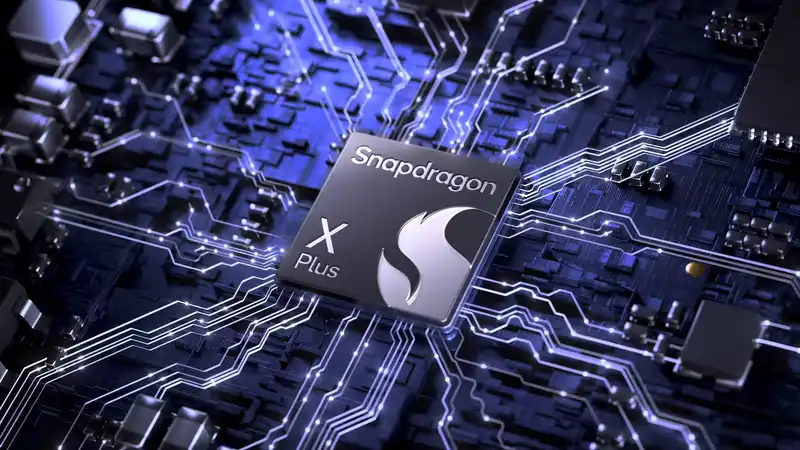In August 2022, chip designer Arm filed a lawsuit in the US against Qualcomm, demanding the destruction of certain Arm-based technology. After no progress was made in this lawsuit, Qualcomm adopted the technology for its Snapdragon X processor, which is currently the only chip in Microsoft's new AI PC, the Copilot+ Given how much the PC industry hopes AI will revive a somewhat moribund market will this ongoing legal battle ultimately prevent AI PCs from succeeding?
According to a Reuters report (via Heise), this question was frequently discussed among Computex 2024 attendees. It all began to take shape when Qualcomm acquired Nuvia, a startup developing server CPUs in 2021.
That company had licensed its processor architecture from Arm, and its development work continued after it became part of Qualcomm. Eventually, Nuvia's designs were used in a variety of high-end processors, including the Snapdragon X series.
However, in August 2022, Arm filed a lawsuit in the U.S. District Court for the District of Delaware, claiming that the moment Nuvia officially became part of Qualcomm, the former Arm's license expired and Qualcomm had no rights to it.
According to the lawsuit, by using Nubia's chip design, Qualcomm breached the contract, and as compensation, Arm demanded that Qualcomm destroy the technology developed using Nubia's former license.
Since then, no progress has been made in this legal battle, and the PC industry is rather concerned that the expected boom in notebook sales will be derailed as the issue continues to haunt Qualcomm. This is because the star of the Copilot+ AI PC show is Qualcomm's Snapdragon X processor, which uses a version of Nuvia's CPU design.
Reuters reports that Qualcomm's position on this is that it believes it has "broad and established licensing rights covering [its] custom-designed CPUs," which is why no agreement has been reached between the two companies.
Many of the major notebook vendors (Dell, Asus, Acer, MSI, Gigabyte) are developing Snapdragon X-based notebooks, many of which are already in retail stores. Could Arm's final push force them to stop selling these PCs, or even shut them down permanently? [The answer is no, because a lot of capital has already been invested in the Windows on Arm and Copilot+ ecosystems, and a successful legal battle for Arm would likely lead to a new round of lawsuits against it from Microsoft, Dell, Asus, etc. Also, Arm is not the only company in the PC industry that uses Windows on Arm, but it is also not the only one. Also, any company in the PC industry that tries to use Arm will likely be put off using it for a long time.
The most likely outcome of this litigation is that Arm and Qualcomm will eventually settle out of court, with Qualcomm paying Arm its fair share or a larger portion of the profits from the Snapdragon X series.
But until there is a concrete conclusion to the two-year licensing dispute, the new wave of AI PCs may land with a gentle splash rather than the impressive crash that PC vendors are hoping for.


Comments